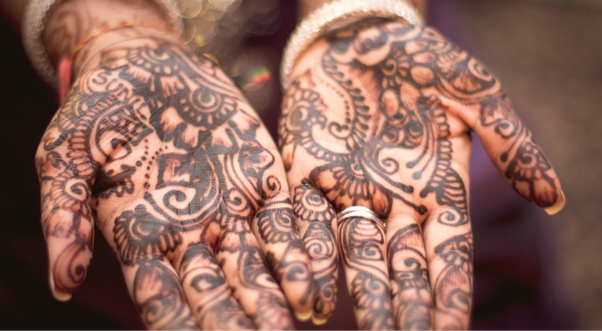This was a very well received Monday Meditation Musing that I shared in May 2012, that also marked a rather special occasion ~ our 100th Monday Meditation Musing (we are now at almost 350).
I so enjoyed bringing this practice to life, although I had a few spills along the way ..
Mindfulness is about paying attention : bringing whatever is occurring in the present moment (an activity, a mind stream, an image, a sound) into total .. full focus awareness
It was pure synchronicity this week when two references to using the wrong hand crossed my path. Not only is this the first exercise listed in the book I am current reading How To Train a Wild Elephant & Other Adventures in Mindfulness by Jan Chozen Bays; but for a few days last week I noticed the online psychology community was also referring to a new report from Dr Thomas Denson from the University of New South Wales, whose research showed that “Training yourself to use the ‘wrong’ hand seems to act as practice for other kinds of self-control, such as controlling your anger.”
As a mindfulness exercise we are asked to focus on using our non-dominant hand for some of our general daily tasks (from brushing our hair to holding our takeaway coffee or mobile phone).
You will quickly discover how clumsy you are when using your non traditional hand, and how frustrating and consuming the practice can be. This often provides us with a better understanding of the Zen ‘beginners mind’ .. we have been presented with an opportunity to see the world with renewed openness, awe and curiosity.
The recent study by Dr Denson showed that people who tried using their non-dominant hand for two weeks were better able to keep control of their aggression and impulses. So, right-handed people were told to use their left hand for simple (and safe) activities such as stirring sugar into a cup of coffee, opening the car door, or using the computer mouse (and left handers would do the opposite).
No mention specifically of mindfulness in the scientific research, in fact it was described as
a ‘slightly odd exercise’
by the Directions in Psychological Science journal, but the article certainly resonated with the ancient wisdom of mindfulness.
The study found that when we do everyday activities with our non dominant hand, more self-control in required in order to override our habitual tendency to use our dominant hand. The science world are particularly interested in self-control so they can better understand and support those who struggle with anger or violence issues, providing ways in which they can learn to control themselves more easily.
As a mindfulness exercise, this task can reflect back to us just how strong and unconscious our habits are; and how difficult they can be to change without awareness and determination
We may also find ourselves thinking a little more compassionately about those who experience a loss of their ability to move easily, such as someone with a disability; as well as how much we take for granted, and how much energy is required when we have to rethink and reassess what we are doing in daily life.
Importantly this exercise also mirrors back to us, our hidden impatience and anger when thwarted in simple daily tasks that we take for granted.
“In the beginner’s mind there are many possibilities,
but in the expert’s there are few”
Suzuki Roshi

